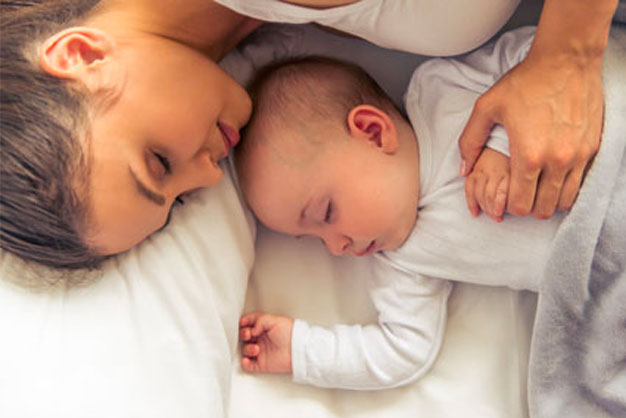
PROzenparent© Training: Preventing Parental Burnout
PROzenparent© Training: Preventing Parental Burnout
💣 Burnout: Key Statistics
🔴 54% of employees experiencing signs of burnout or stress prefer not to talk about it with their management 🤐.
⚠️ 34% say they do not receive the necessary support from their employer to overcome these difficulties 🤝❌.
These figures, from a Markteffect and GoodHabitz study (October 2023), highlight a crucial challenge 🌍: improving proactive management and mental health support 🧠 in the workplace in France 🇫🇷.
💼 1 in 2 employees reports feeling professionally exhausted 🥱, according to the 2023 Malakoff Santé Barometer on employee well-being and quality of life at work 🌱.
💣 What Is Burnout?
Burnout is a state of physical, mental, and emotional exhaustion caused by chronic workplace stress.
It manifests as:
- Loss of energy and motivation
- Disengagement from work
- A sense of failure
Without intervention, burnout can severely impact health, performance, and lead to chronic absenteeism.
🚀 PROzenparent© Training: A Simple and Effective Solution for Managing Mental Load
🌟 Offer PROzenparent© training for a more inclusive and effective approach!
My multidisciplinary methods—integrating Hypnosis, Sophro-Analysis, Transgenerational Decoding, and more—allow me to address the emotional, physical, and psychological needs of each participant.
✅ Break the vicious cycle: Stress → Exhaustion → Loss of motivation
✅ Prevent and overcome burnout
✅ Regain energy, balance, and confidence
✅ Employee support: Prevention, detection, action
🌍 Different experts involved: Researchers, authors, and burnout specialists.
🤰 PROzenparent©: Ending Burnout
✅ Identifying and Raising Awareness
🔸 Recognizing the signs of burnout (physical, emotional, and behavioral).
🔸 Understanding root causes: work overload, lack of recognition, work-life imbalance.
🔸 Debunking misconceptions about stress and burnout.
✅ Providing Prevention Tools
🔸 Teaching stress management techniques: relaxation, meditation, time management.
🔸 Offering strategies for work-life balance.
🔸 Encouraging open communication between employees and managers.
✅ Improving the Work Environment
🔸 Training managers to identify burnout symptoms and support their teams.
🔸 Reviewing work practices: workload, flexibility, regular feedback.
🔸 Promoting a company culture centered on well-being and prevention.
✅ Providing Ongoing Support
🔸 Implementing regular follow-up sessions after training.
🔸 Providing access to resources (coaching, psychological support).
🔸 Evaluating results and adjusting actions for long-term impact.
🎯 Training for Managers
⏰ 9:00 AM – 4:00 PM (lunch break included)
🔖 Price: €4,500 (VAT included)
👥 Group Size: Up to 25 participants
👍 A mindful hypnosis session at the end of the training day!
📞 Ready to take action against burnout?
Let’s discuss your needs—contact me via www.medoucine.com! 🚀✨






